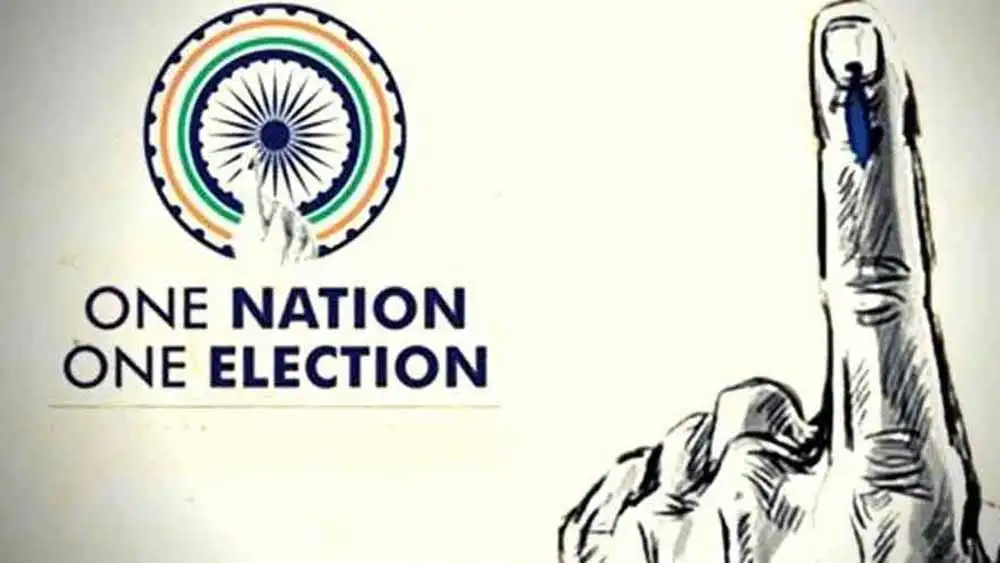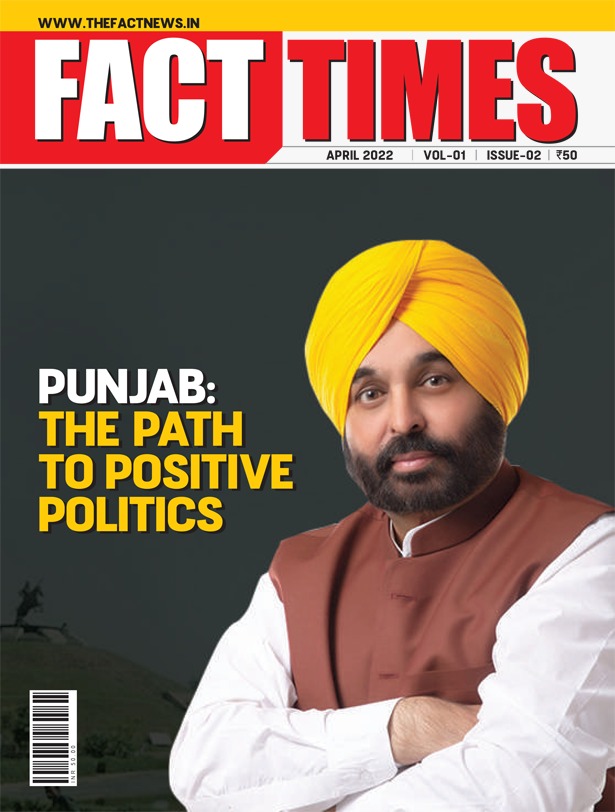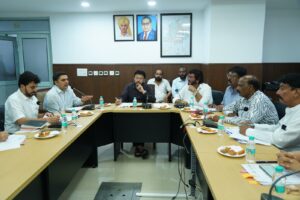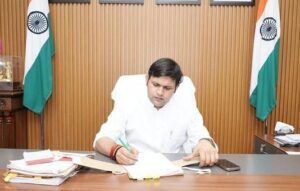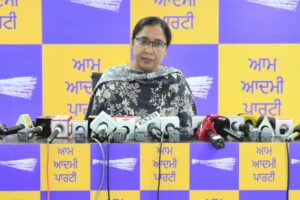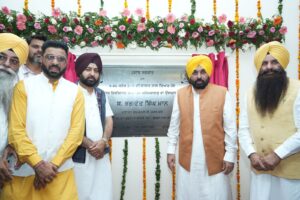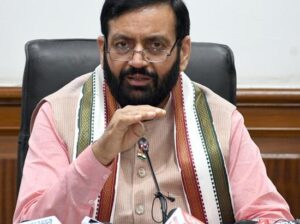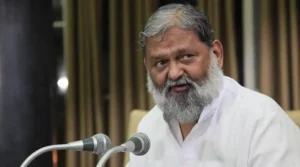The Fact News Service
New Delhi, September 18
The Union Cabinet’s approval of the “One Nation, One Election” initiative represents a pivotal shift in India’s electoral landscape. By advocating for simultaneous Lok Sabha and Assembly elections, along with urban body and panchayat polls, the government aims to streamline the electoral process, optimize resource allocation, and enhance governance efficiency. This initiative, long championed by the ruling Bharatiya Janata Party, reflects a commitment to fostering a more cohesive and stable political environment.
Supporters argue that synchronized elections could simplify the voting experience for citizens, reduce the frequency of electoral disruptions, and provide a stable environment for businesses, enabling better long-term planning and investment. The panel led by former President Ram Nath Kovind has noted significant backing from various political parties and influential figures, suggesting a broad consensus on the potential benefits of this system.
However, critics raise valid concerns about the constitutional implications, the potential for undermining local governance, and the challenges associated with adjusting existing electoral cycles. The prospect of shortening Assembly terms to align with this new system has sparked fears that such a fundamental change could erode democratic principles and lead to political instability.
As Prime Minister Modi reiterates his commitment to this initiative, it is essential for the government to foster open dialogue with all stakeholders. Addressing the myriad concerns surrounding this proposal is crucial to ensuring that the integrity of the electoral process is maintained. The potential benefits of “One Nation, One Election” must be carefully weighed against the risks to democratic representation and local governance.
In conclusion, while the proposal could pave the way for a more efficient electoral system, it must be approached with thorough consideration and robust discussions to safeguard the democratic foundations of India. Achieving a balance between efficiency and representation will be key to the success of this transformative initiative.



